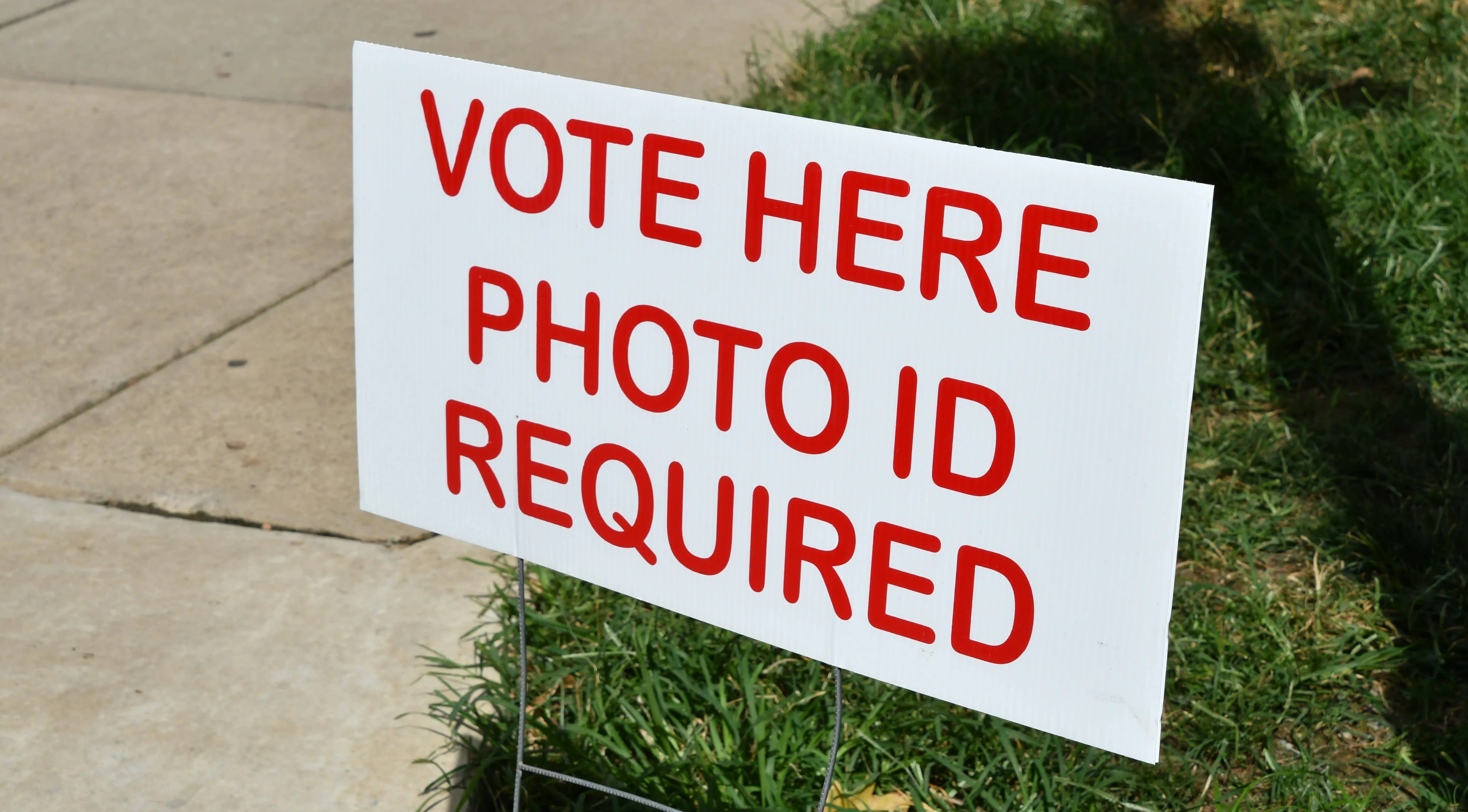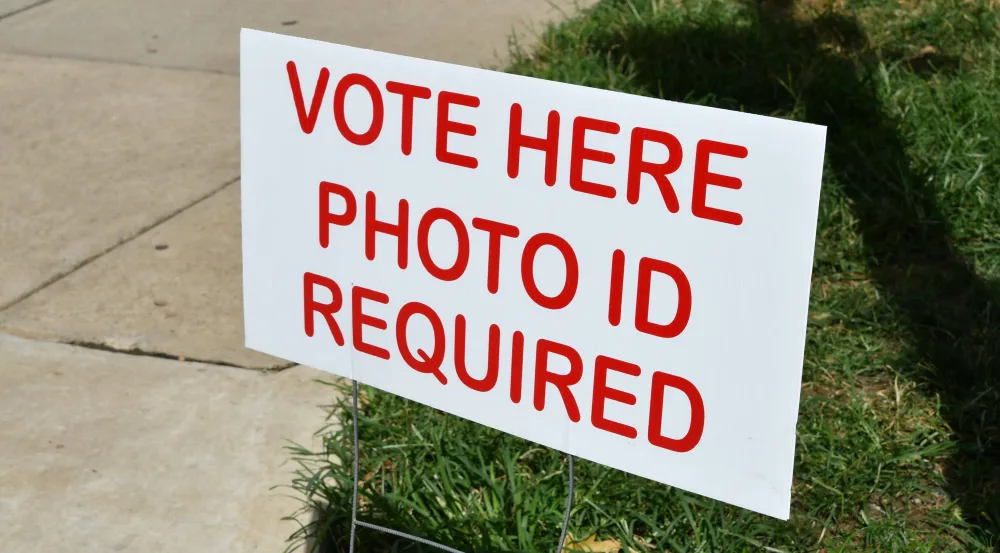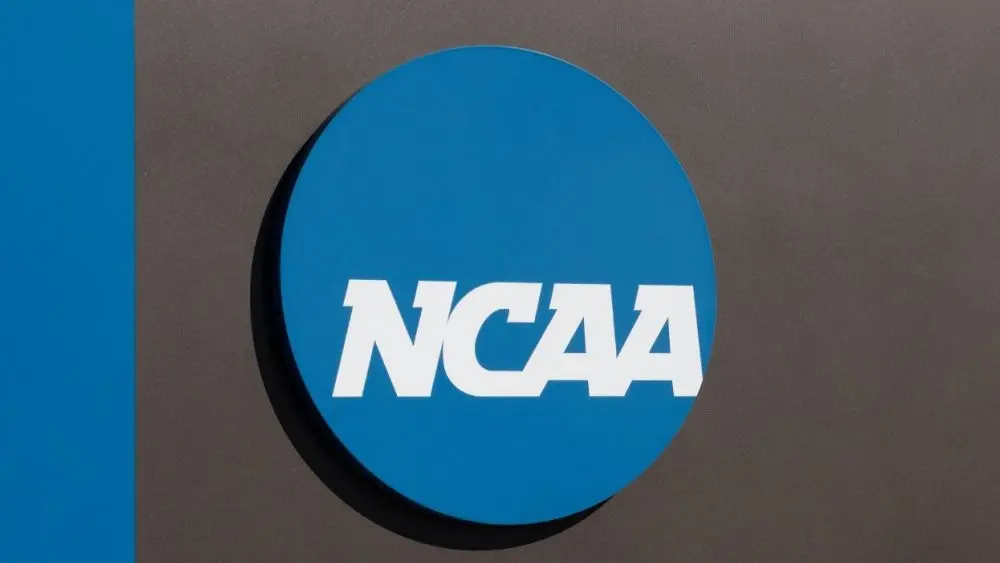
Election integrity in Washington State is facing serious scrutiny following a recent analysis that suggests major deficiencies in the state’s voter registration system. Election watchdog Glen Morgan, of We the Governed, revealed in a detailed interview with The Ari Hoffman Show on Talk Radio 570 KVI that more than 14% of registered voters lack a Social Security number (SSN) on file, one in seven, raising urgent questions about the accuracy and legality of the voter rolls.
“This isn’t just a paperwork glitch. It’s hundreds of thousands of voters we can’t verify,” Morgan explained. His review covered 29 out of Washington’s 39 counties and nearly one million active registered voters. The problem is compounded by an estimated 25,000 voters who have neither a Social Security number nor a driver’s license recorded, meaning there is no reliable proof of their eligibility to vote.
One in Eight WA Voters Missing ID Data: Report
"More than 14% of Washington’s voter registrations have no Social Security number on file. That’s a massive red flag for election integrity."@wethegoverned sounds the alarm on WA's voter rolls pic.twitter.com/kU8wcMfvkS
— Ari Hoffman 🎗 (@thehoffather) August 11, 2025
Morgan highlighted that this significant data gap violates both the spirit and the letter of federal election laws, including the new mandates recently established at the national level. He emphasized that Washington’s Secretary of State’s office has long claimed to use Social Security Administration data to verify voter registrations, but the numbers indicate otherwise.
“The Secretary of State’s claim that they ‘verify’ voter data using SSA records is demonstrably false,” Morgan said. “If they actually did, they would know that over 700,000 voters can’t be verified because their data is missing or incomplete.”
Morgan’s findings come against the backdrop of two significant federal directives aimed at tightening election security nationwide.
First, President Trump’s March 2025 Executive Order on Preserving and Protecting the Integrity of American Elections requires states to maintain accurate voter registration lists, verify voter eligibility through federal data sources, and remove ineligible voters. The order also ties federal funding to compliance with these standards.
Second, the Safeguard American Voter Eligibility (SAVE) Act, passed by the U.S. House and currently progressing through the Senate, mandates that states must require documentary proof of citizenship from voters when registering or updating registration information. It also sets stringent standards for verifying voter eligibility and removing duplicates or ineligible registrations.
Washington’s voter rolls, as described by Morgan, appear to be in direct violation of both these federal requirements. The lack of SSNs and driver’s license data effectively means that the state cannot confirm citizenship for a large portion of its voters, a foundational requirement under the SAVE Act.
Rep Jim Walsh (R-Aberdeen), Chair of the Washington State GOP, echoed Morgan’s concerns and stressed the need for immediate corrective action.
Walsh acknowledged that for years, many have suspected irregularities but lacked concrete proof. He believes that Morgan’s analysis now substantiates long-held fears about illegal or unverified voters potentially influencing elections.
"This isn’t just sloppy recordkeeping, it’s a violation of federal election law. If the data’s right, tens of thousands of registrations in WA shouldn’t be there."@WAGOP chair Rep @JimWalshLD19 weighs in on a new report that 1/7 voters in WA have ID information missing pic.twitter.com/I8u1nMA16R
— Ari Hoffman 🎗 (@thehoffather) August 11, 2025
“We’ve been told by some that Washington has the most secure elections, but that narrative only cherry-picks secure elements while ignoring the massive elephant, or donkey, in the room: there is no security on who can register to vote in this state,” Walsh told Hoffman.
Walsh described a two-tiered response from political opponents: first, denying that improper registrations exist, and then shifting to argue that any irregularities do not impact election outcomes. He rejected both positions, asserting that “hundreds of thousands of improperly registered voters are not a trivial matter.”
He also proposed a simple solution that Washington officials have refused to adopt:
“If the state wants to prove we’re wrong, let’s do an audit with bipartisan observers, supervised data reviews, and secure environments to protect sensitive information. But they won’t do it, and that says a lot.”
Walsh pointed to whistleblowers and election officials within counties who have quietly raised red flags but feel stifled by the political environment. He criticized the automatic voter registration systems linked to the Department of Licensing and the Department of Social and Health Services as sources of unchecked registrations.
Both Morgan and Walsh agreed that the consequences of ignoring these problems go beyond legal compliance—they threaten public confidence in elections.
Walsh described how disillusionment is growing among voters, with social media conversations increasingly dominated by skepticism about the value of voting. He called this a “psychological operation,” a tactic to suppress turnout among those opposed to current political leadership.
Morgan added that the failure to maintain clean voter rolls is not accidental but a willful choice by state officials, including lawmakers and election administrators, to avoid confronting the issue. The reluctance to allow audits or release comprehensive data suggests an effort to protect the status quo.
With the 2026 midterm elections approaching, federal agencies such as the US Department of Justice’s Civil Rights Division are expected to intensify oversight of states like Washington with documented compliance concerns. Failure to align with the Executive Order and SAVE Act may lead to legal challenges, funding restrictions, or other federal interventions.
Washington Secretary of State Steve Hobbs and Attorney General Nick Brown, both named by Walsh as responsible parties, will likely face growing pressure to address these systemic flaws transparently.
Meanwhile, voter integrity initiatives and legislation aimed at tightening registration requirements are gaining momentum, with GOP leaders urging citizens to support reforms like voter ID laws and mandatory documentary proof of citizenship.







